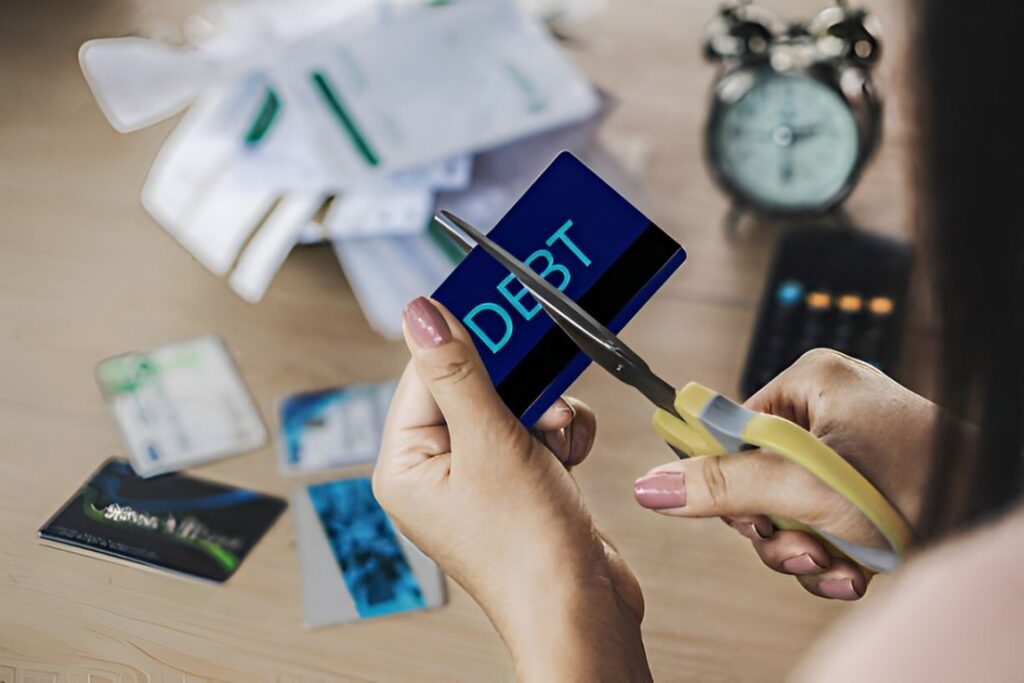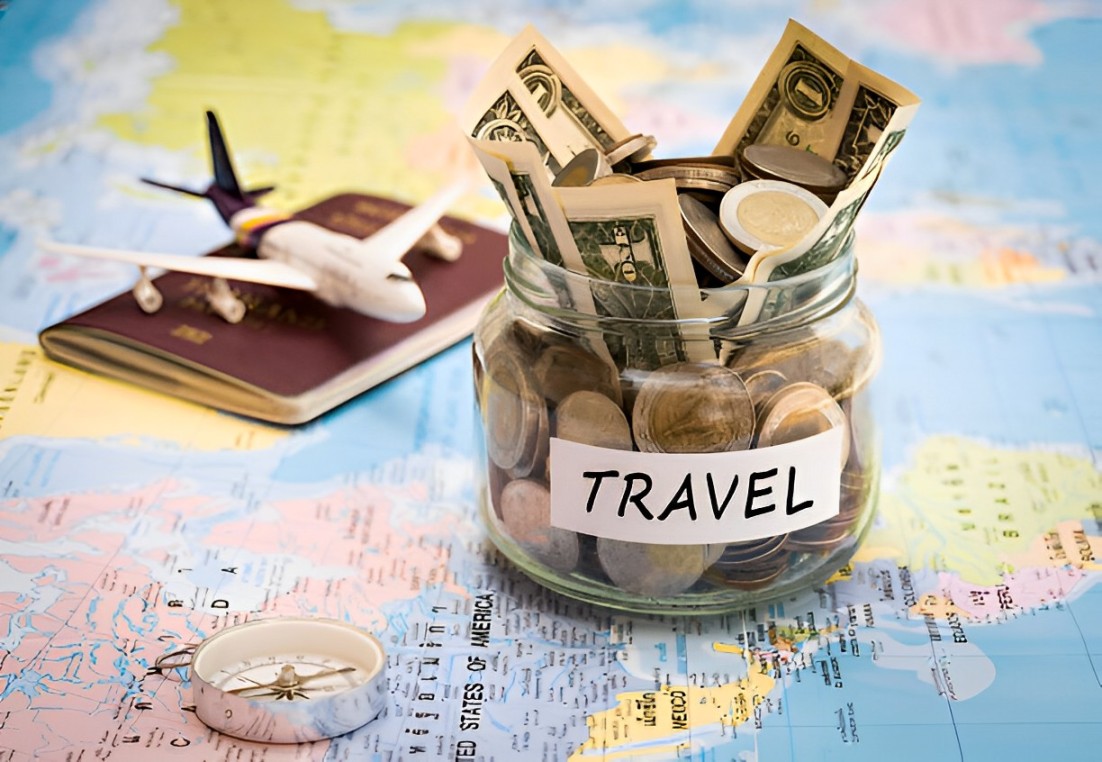Table of Contents
- Introduction
- Why Budgeting Hacks Are Essential for Financial Freedom
- 1. Set Realistic Financial Goals with a Budgeting System
- 2. Use Technology to Track Spending with Budgeting Apps
- 3. Cut Unnecessary Subscriptions and Services
- 4. Embrace Meal Planning and Cooking at Home
- 5. Automate Your Savings with a Set Budget
- 6. Buy in Bulk and Take Advantage of Discounts
- 7. Cancel Debt and Avoid High-Interest Rates
- 8. Save Money on Transportation Without Sacrificing Mobility
- 9. Take Advantage of Free or Low-Cost Entertainment
- 10. Build Multiple Streams of Income
- Conclusion
Introduction
In today’s fast-paced world, it can feel like budgeting means making sacrifices—cutting out things you love to save money. However, there are many budgeting hacks that allow you to save money without compromising your lifestyle. In this article, we’ll dive into 10 smart budgeting hacks that can help you stay financially healthy while still enjoying life.
The key to effective budgeting is knowing the right strategies and being consistent with them. These budgeting hacks will help you manage your finances better, from saving on groceries to reducing debt, all without feeling deprived.
Why Budgeting Hacks Are Essential for Financial Freedom
Budgeting hacks are essentially shortcuts or strategies that help you save more money, reduce expenses, and reach your financial goals faster. Unlike traditional budgeting methods that can feel rigid or difficult to maintain, budgeting hacks make it easier and more fun to stick to a plan. These hacks are not about restricting your lifestyle but about making smarter choices that result in long-term financial benefits.
Benefits of Budgeting Hacks:
- Stress-Free Financial Management: Budgeting hacks help you stay on track without obsessing over every penny.
- Increased Savings: Even small, consistent savings add up over time.
- More Financial Freedom: When you save money, you open up opportunities for future investments and purchases.
- Better Financial Decisions: Smart budgeting leads to better decision-making, whether you’re purchasing a new gadget or planning a vacation.
1. Set Realistic Financial Goals with a Budgeting System
A key first step in any effective budget is to set clear, achievable financial goals. Without a goal, it’s easy to fall off track. Setting realistic financial goals helps guide your budgeting decisions and makes the process feel more rewarding.
Create SMART Financial Goals
SMART goals stand for Specific, Measurable, Achievable, Relevant, and Time-bound. Here’s how to break it down:
- Specific: Define what you want to save or achieve. Example: Save $1,000 for an emergency fund.
- Measurable: Set a clear target to track your progress.
- Achievable: Make sure your goal is realistic given your income and expenses.
- Relevant: Ensure the goal aligns with your long-term financial needs.
- Time-bound: Set a deadline for achieving your goal, like “Save $1,000 in the next six months.”
Budgeting Systems to Support Your Goals
Once your goals are set, it’s time to choose a budgeting system that works for you. Some popular systems include:
- Envelope System: Allocate cash for specific categories (e.g., groceries, entertainment) and once the cash is gone, no more spending in that category.
- 50/30/20 Rule: Allocate 50% of your income for necessities, 30% for discretionary spending, and 20% for savings or debt repayment.
- Zero-Based Budgeting: Assign every dollar a specific purpose, leaving you with no unaccounted-for money.
2. Use Technology to Track Spending with Budgeting Apps
Tracking your spending is a crucial part of budgeting. Thanks to technology, this is easier than ever before. There are numerous budgeting apps that can help you stay on top of your finances with minimal effort.
The Best Budgeting Apps for Easy Tracking
- Mint A free app that tracks your spending, bills, and investments. It automatically categorizes your purchases, making it easy to identify areas for savings.
- YNAB (You Need A Budget): This app focuses on giving every dollar a job and helps you allocate funds for specific goals.
- PocketGuard It shows you how much disposable income you have left after bills and savings, helping you make smarter spending decisions.
Set Up Automatic Transactions and Alerts
Many apps allow you to set up automatic transfers to savings accounts or investments. You can also set alerts for when you exceed a budget category. Automation removes the temptation to spend and makes saving effortless.
3. Cut Unnecessary Subscriptions and Services
In today’s world, it’s easy to rack up subscription services—streaming platforms, gym memberships, software tools, and more. Often, we don’t realize how many of these we’re paying for and not using. Here’s how to cut down on unnecessary subscriptions.

Subscription Audit: Find What You Don’t Use
Perform a monthly audit of all your subscriptions (Netflix, Spotify, gym, etc.). Ask yourself:
- Am I using this service regularly?
- Is there a cheaper alternative that meets my needs?
Switch to Cheaper Alternatives Without Losing Value
Switching from a premium service to a more affordable option is a simple way to save without sacrificing quality. For example, you could opt for a basic gym membership or shared streaming services to lower costs.
4. Embrace Meal Planning and Cooking at Home
Eating out is one of the biggest drains on your budget. Meal planning and cooking at home can drastically cut your food costs without sacrificing taste or quality.
Save Money by Reducing Dining Out
Eating out can cost significantly more than cooking at home. On average, a meal at a restaurant can cost three times as much as a meal cooked at home. By planning your meals and cooking in bulk, you can enjoy nutritious meals for a fraction of the cost.
Smart Grocery Shopping Tips
- Use a grocery list: Plan your meals ahead of time and stick to the list to avoid impulse buying.
- Buy in bulk: Purchase non-perishable items like rice, pasta, and canned goods in bulk to save money.
- Shop seasonally: Fruits and vegetables are cheaper when they’re in season, so plan meals around them.
5. Automate Your Savings with a Set Budget
One of the best budgeting hacks is to automate your savings. Setting up automatic transfers to your savings account or investment fund makes it easier to save money without even thinking about it.
Set Up Automatic Transfers to Savings Accounts
By automating your savings, you ensure that you’re consistently putting money aside, which helps you avoid the temptation to spend it.
Savings Challenges: Make Saving Fun
If you find it hard to save, consider starting a savings challenge. For example:
- 52-Week Savings Challenge: Save $1 the first week, $2 the second week, and so on. By the end of the year, you’ll have saved over $1,300.
- Round-Up Savings: Use apps like Acorns that round up your purchases to the nearest dollar and invest the difference.
6. Buy in Bulk and Take Advantage of Discounts
Buying in bulk can be a great way to reduce your overall costs on everyday items. Here’s how to take advantage of this budgeting hack.
Bulk Shopping for Long-Term Savings
Certain items, like toilet paper, cleaning supplies, and canned foods, are cheaper when bought in bulk. Make sure to buy non-perishable items that you use regularly.
Coupons, Promo Codes, and Cash-Back Offers
When shopping online, use tools like Honey or Rakuten to find promo codes and cashback offers. These can provide significant savings on purchases you were already planning to make.
7. Cancel Debt and Avoid High-Interest Rates
Debt can significantly impact your ability to save money. One of the most important budgeting hacks is finding ways to reduce or eliminate high-interest debt.

Use the Debt Avalanche or Debt Snowball Method
- Debt Avalanche: Pay off high-interest debt first to reduce the amount you pay in interest.
- Debt Snowball: Pay off the smallest debts first to build momentum.
Consolidating Debt to Lower Interest Rates
Consider consolidating high-interest credit card debt into a loan with a lower interest rate. This can help reduce the total interest you pay over time.
8. Save Money on Transportation Without Sacrificing Mobility
Transportation costs—whether
gas, insurance, or public transit—can add up quickly. Fortunately, there are ways to reduce these costs.
Use Public Transportation or Carpooling
Public transportation is often cheaper than owning a car. Carpooling with friends or colleagues can also reduce commuting costs.
Fuel-Saving Tips and Car Maintenance
- Drive efficiently by avoiding rapid acceleration and braking.
- Keep your car well-maintained to maximize fuel efficiency.
9. Take Advantage of Free or Low-Cost Entertainment
Entertainment can quickly eat up your budget. However, there are plenty of ways to have fun without spending much.
Explore Free Activities and Local Events
Many cities offer free or low-cost activities like hiking, museum days, or community events. Keep an eye on local event listings to take advantage of these opportunities.
Swap or Share Instead of Buying
Consider swapping books, games, or even clothes with friends or neighbors. You can also borrow from the library instead of buying new books.
10. Build Multiple Streams of Income
Having additional income sources can significantly ease the pressure of budgeting. Here’s how to incorporate extra income into your financial plan.
Side Hustles to Boost Your Budget
Freelancing, consulting, or selling products online can bring in extra cash. Websites like Upwork or Fiverr offer platforms to start earning money on the side.
Investing in Passive Income Opportunities
Consider investing in stocks, bonds, or rental properties for passive income. These income sources require initial effort but can provide ongoing revenue.
Conclusion
Mastering these budgeting hacks can help you save money, eliminate debt, and achieve your financial goals without sacrificing the things you enjoy. By being smart with your money, you can improve your financial health and still live a fulfilling lifestyle. Start implementing these strategies today, and watch your savings grow over time!



